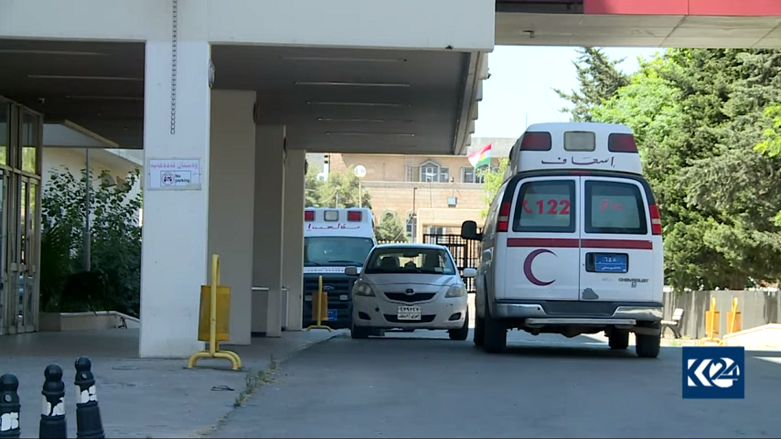COVID-19: Kurdistan Region total infections near 80,000 cases

ERBIL (Kurdistan 24) – The Kurdistan Region’s total COVID-19 infections neared 80,000 cases on Tuesday as its health authorities registered over 1,200 new cases in the past 24 hours.
According to the regional health ministry’s daily statement, health workers conducted 7,000 tests during the past 24 hours, raising the total number of such tests to 669,937 since the outbreak of the virus began in the Kurdistan Region in early March.
Of the tests conducted in the past 24 hours, the region recorded 1,235 infections. The total number of infections has now reached 79,451 cases.
The ministry also recorded 23 deaths over the past 24 hours, raising the total tally to 2,532.
Health officials say that over 50,000 people have recovered from the highly contagious disease, but it is important to note that “recovery” indicates that a patient is no longer being actively treated by health professionals—not that they have fully recovered from the disease.
Increasingly, medical experts recognize that COVID-19 symptoms, some of them quite serious, often continue long after an individual’s formal recovery and that various other symptoms, such as significant lung damage, could be permanent.
KRG calls for vigilance
Prime Minister Barzani’s remarks came during a ceremony where he laid the foundation stone for a strategic agricultural project in the capital city Erbil.
Read More: PM Masrour Barzani lays foundation stone for $250-million-worth agricultural project
“I urge you all to take this threat seriously,” Prime Minister Barzani said in his speech, as he warned that the pandemic might get worse and spread quickly during the Fall and Winter seasons.
Barzani also noted that the health measures enforced by the KRG are meant to protect citizens from infections as many have lost “their loved ones” since the onset of the pandemic.
Editing by Karzan Sulaivany
